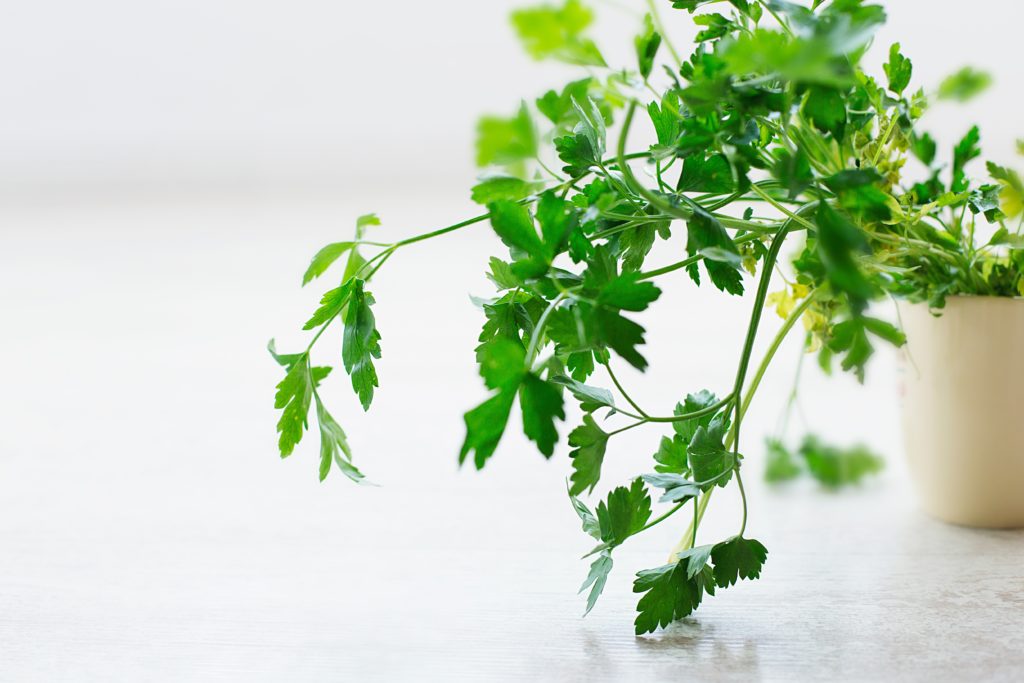Why You’re Bloated And How To Get Rid Of It
by
Your pants don’t fit by the end of the day.
You are soo uncomfortable after you finish eating.
You feel like you’re 6 months pregnant.
Intimacy? No way. “Not when I feel like I have a balloon in my belly.”
Feelings of discomfort and when you don’t recognize yourself are more than frustrating. It can alter your entire day, week, even the quality of your life.
I know you’re tired of trying too many things with little result. You try to eat well but still, it’s there. What are we exactly talking about? It’s the feeling of being bloated and actually experiencing bloating.
In this article, let’s talk a little about why you may be bloated in the first place and then how we can move forward to achieve some relief – once and for all.
Why am I so bloated??
There are many reasons why you are bloated. And to make it more clear to you, here are most of the frequent reasons for such a feeling or condition:
- Low Hydrochloric Acid– When the hydrochloric acid (HCl) in your stomach becomes low, your food doesn’t fully digest in your stomach and won’t get broken down enough to properly absorb all the nutrients. The undigested food will stay there and create a build-up of gas and discomfort.
- Bacteria overgrowth in the digestive system. Our guts try to balance both good and bad bacteria. But oftentimes, there is not a balance. When there are excess bacteria, it feeds off of the food you’ve eaten, ferments it, and creates gas.
- Sluggish liver -The liver is our body’s main filter and nutritional storehouse. It filters through endless amounts of food, vitamins, minerals, toxins, and other harmful materials. It works to balance and protect us from viruses, bacteria, heavy metals, mold, pesticides, herbicides, solvents, drugs, medications, alcohol, and stress. You can imagine if it is not taken care of, the liver can become sluggish and stagnant. This too can lower the HCl production and interfere with nutrient absorption.
- Dehydration. Lack of water or excess salt can cause dehydration and bloating. Try herbs and spices, like some of the soothing ones below, when cooking and avoid processed foods as often as possible.
- Food Sensitivities – specific inflammatory foods may not cause a full-on reaction but can create low-grade reactions over and over – a foundation for chronic disease. You can try an MRT food sensitivity test to see which foods may cause a reaction or simply try an allergy elimination diet (dairy, gluten, eggs, corn, soy, peanuts) for a few weeks.
- Heavy metal overload– It is impossible to not come into contact with some sort of heavy metal in our lives. These accumulate in your liver and digestive tract and serve as great food for bad bacteria and pathogens, leaving waste products in the lining of the gut. Focusing on removing these daily is something of which to be conscious.
The foods we eat either feed or starve the bacteria in our guts. It is helpful to look at your diet and assess where there may be an excess of any of the inflammatory foods above or things like sugar, caffeine, alcohol, processed foods, and unhealthy vegetable oils. It is most important to focus on rebuilding your hydrochloric acid (HCl) to promote healthy digestion. Start there.
You can also try implementing some of these soothing herbs and foods into your day to avoid bloating.

What Soothing Herbs Can Help With Being Bloated?
Peppermint – herb helping in easing digestion
Ginger – anti-inflammatory, stomach-soothing
Rosemary- used for digestive problems, gas, heartburn
Fennel -used in Eastern medicine to reduce gas and bloating. Try chewing on a few seeds or prepare as a tea.
Parsley – helpful in removing heavy metals, digestive soothing and diuretic
Cilantro – powerful in removing heavy metals
Spirulina– (from Hawaii) best known for removal of metals from the gut lining
What Soothing Foods Can Help With Being Bloated?
Papaya- contains the enzyme papain that helps digestion and also shown to aid in reducing gas and bloating
Cucumber – contains silica, caffeic acid that helps reduce water retention and swelling
Celery juice – contains mineral salts that rebuild HCl.
Bananas – contain specific belly-healing properties
Water. Water. And more water. Staying hydrated discourages water retention. Your body doesn’t have to fight to hold on to water if it’s getting enough. I like to start my mornings with warm water with lemon, which has also been shown to increase HCl production.
Conscious eating has been shown to be a huge help in the reduction of bloating. Slow down. Chew your foods fully. Allow time for digestion of meals.
Consider a digestive enzyme with heavier meals and a daily probiotic.
Having trouble and wanting answers? Let’s figure this out together. Working with Amanda will provide you the assistance you need as well as the detective-like qualities to pull back the layers of your life and health history to see what the underlying cause of your symptoms may be.

